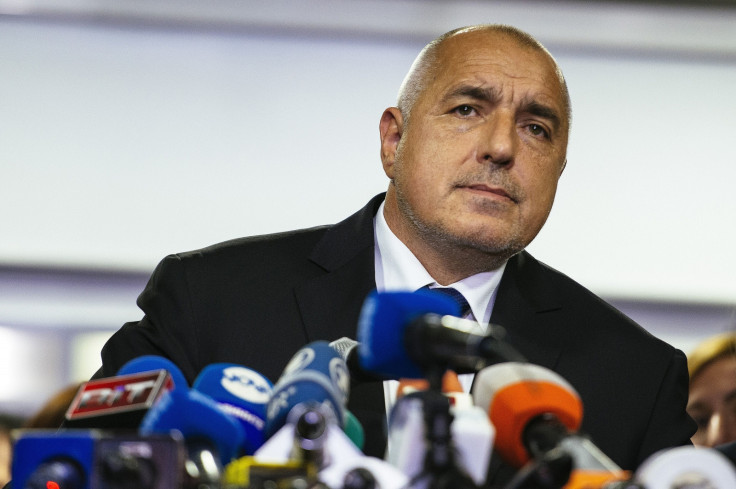Bulgarian Prime Minister to step down after setback in presidential election
Prime Minister Boyko Borisov's presidential nominee Tsetska Tsacheva won just over 35% of the vote.

Bulgarian Prime Minister Boyko Borisov has announced that he will soon resign from his post after his presidential nominee faced defeat in the 13 November presidential election. According to exit polls, Tsetska Tsacheva, the centre-right speaker of parliament, got only 35% in Sunday's poll while his opponent Rumen Radev, the former commander of the country's Air Force, received over 58%.
The 58-year-old Tsacheva, also a former lawyer, was backed by Borisov while Rumen Radev, a political outsider, was supported by the opposition Socialist Party.
Before the exit polls, the Balkan nation's premier had said that his party would not participate in any way in the government if they lose. And, after the latest results Borisov said: "I will hand in my resignation tomorrow or the day after... The results clearly show that the ruling coalition no longer holds the majority."
"We accept the will of the people and we congratulate those who have the support of the majority of the voters."
Speaking on his overwhelming victory, Radev told public broadcaster BNT on Sunday evening that this is a "victory for all Bulgarian people. Democracy has beaten apathy and fear today".
The 53-year-old president-elect also said he would not back out Bulgaria from Nato (North Atlantic Treaty Organization) but has confirmed that "being pro-European does not mean being anti-Russian". Tsacheva was apparently more pro-Europe than Radev, and had referred to Bulgaria's past as a Soviet satellite as the country's "dark past", reports claimed.
According to Bulgaria's constitution, the president's job is typically formal, but whoever holds the office can influence policy, veto legislation, and sign global treaties.
© Copyright IBTimes 2025. All rights reserved.





















